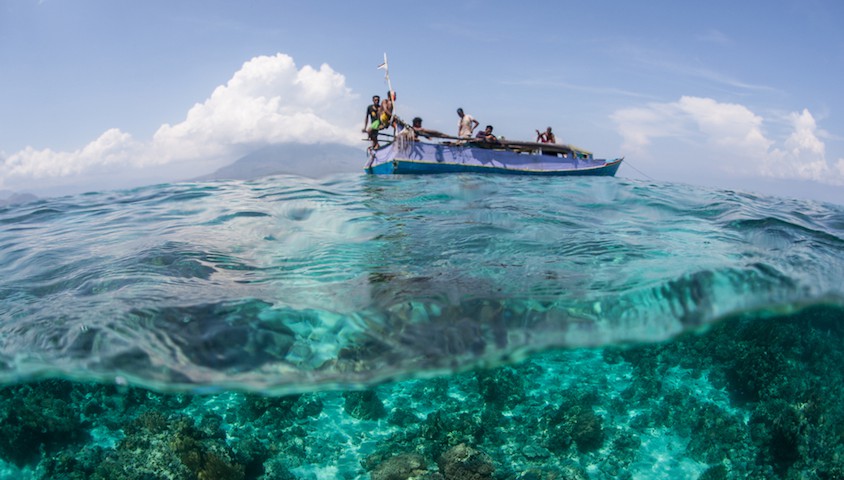New research aims to show how increasing marine conservation reserves could potentially benefit millions of people into the future.
The study, led by researchers from the University of Queensland, modelled the long term impact to fisheries when protection for coastal marine areas was increased to 20 and 30 percent.
Dr Nils Krueck from UQ’s School of Biological Sciences said the current Aichi Biodiversity Target outlines protection for just 10 percent of these regions.
“Potential declines in fisheries catches are a concern wherever marine reserves are enforced,” he said.
“However, specifically in some of the world’s most biodiverse and poorly managed areas, closing more than 10 per cent of fishing grounds is likely to benefit fishers in the long run.”
Protecting coastal marine reserves as a fisheries management tool is viewed as more effective than other methods, with co-author of the study, Professor Peter Mumby describing the option as comparatively simple.
“It will not solve the fisheries crisis in the Coral Triangle, but our findings highlight that coral reef fisheries in particular are likely to benefit from fish population recovery and the subsequent export of young fishes from reserves to fished areas,” he said.
“Effective reserve coverage policies could help millions of people in the Coral Triangle region who rely on small-scale coral reef fisheries for food and livelihoods.”
However, the authors note in the discussion section of the paper that implementation of such aggressive protections must also consider ‘how much shot-term reduction in catch fishers will be able to tolerate’, and that their research assumes the short-term impacts are ‘bearable’.
The study, entitled ‘Marine Reserve Targets to Sustain and Rebuild Unregulated Fisheries’, is published in the journal PLOS Biology.


